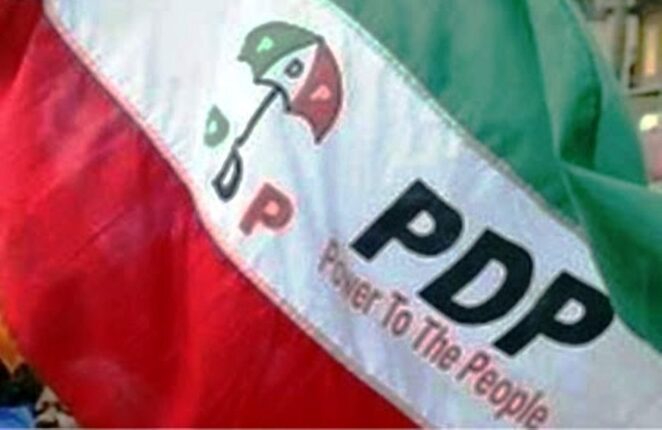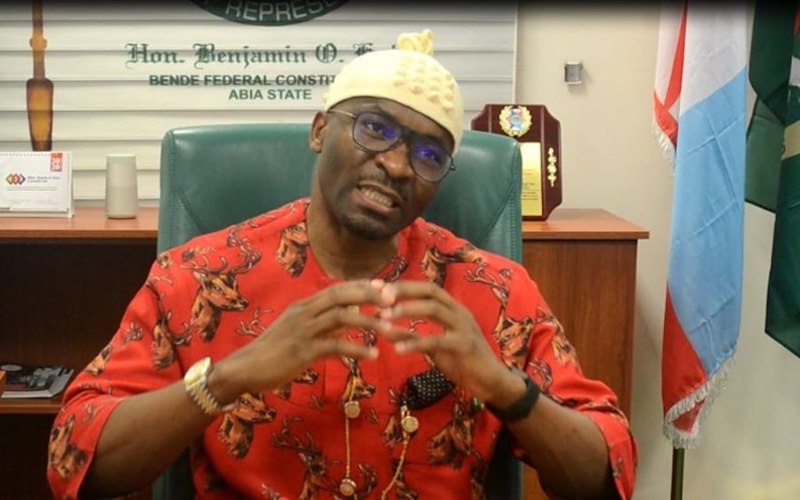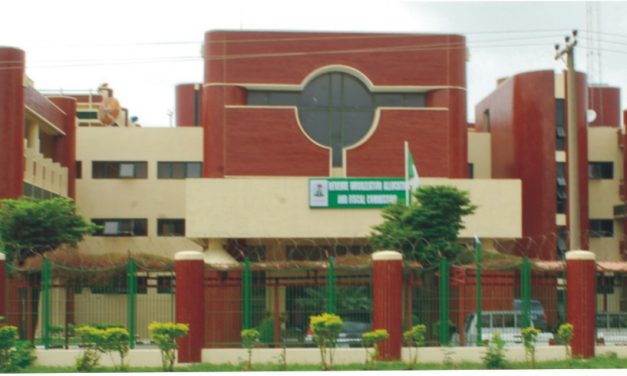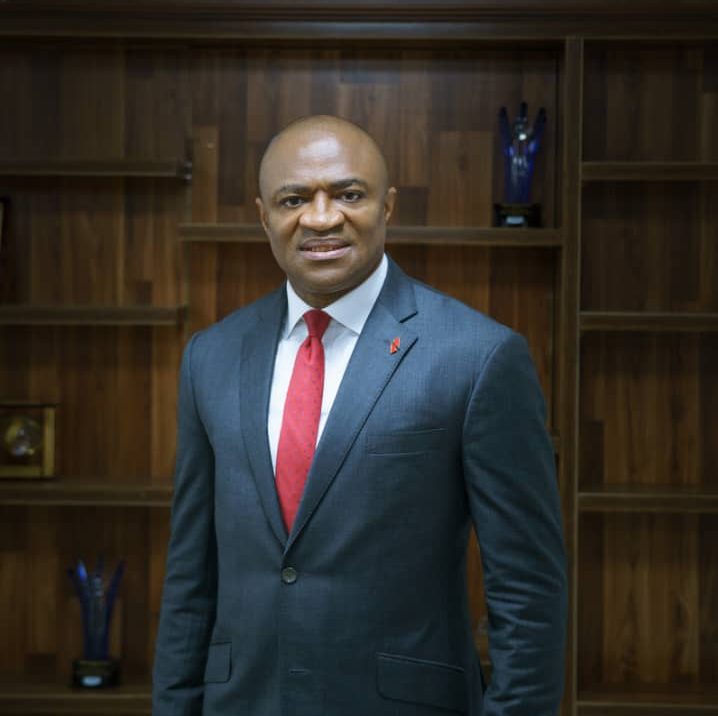Declares Interim Dividend of 50k per share.
Gross Earnings Rises to N981.78 billion.
Bank’s Total Assets Hits N15.38 trillion.
Shareholders’ Funds at N1.712 trillion.
Africa’s Global Bank, United Bank for Africa (UBA) Plc, delivered an outstanding performance for the half year ended June 30, 2023, as announced in its audited financial report.
The results released to the Nigerian Exchange Limited (NGX) on Tuesday showed that the Group recorded double and triple-digit growth across its major income lines, as it continued to show substantial progress in increasing the contribution and market share from its subsidiaries in Africa and globally.
Specifically, at the end of the first two quarters of the year, and despite the tough global macroeconomic backdrop and geo-political challenges in
Africa, UBA Group reported a profit before tax of N404 billion, representing an extraordinary increase of 371 per cent, when compared to N85.75 billion recorded in the first half of 2022. This translated to an annualised Return on Average Equity of 57.7 per cent as against 17.1 per cent a year earlier.
In addition:
• The results also showed as of June 30, 2023, a profit after tax (PAT) of N378.24 billion, representing a leap of 437.8 percent over H1 2022.
• Operating Income grew by 206.6 per cent to N783.96 billion in June 2023; higher than N255.67 billion reported a year earlier.
• The Group delivered a 164 per cent growth in its Gross Earnings which rose to N981.78 billion as at June 2023, up from N372.36 billion recorded last year in June 2022.
• Total Assets continued a strong upward trajectory, rising above the N15trn mark, as it hits N15.38 trillion, representing a 41.7 per cent leap up from N10.86 trillion recorded at the end of last year.
• Customer Deposits also rose by a sharp 42.4 per cent to N11.14 trillion in the period under consideration; as against N7.8 trillion recorded at the end of 2022.
• Shareholders’ Funds increased to N1.712 trillion reflecting the Group’s strong capacity for internal capital generation.
In line with the Group’s culture of paying both interim and final cash dividends, the Board has approved an interim dividend of 50k per share, which represents over 150% increase over the prior year.
UBA’s Group Managing Director/Chief Executive Officer, Mr. Oliver Alawuba commenting on the results said the exceptional performance underscored the Group’s commitment to consistently deliver value to its shareholders; he added that the Group made progress in digital payments, retail penetration and also benefitted from the effect of revaluation gains, arising from the harmonization of foreign exchange rates at the different access windows in Nigeria.
He said, “The Group recorded strong double-digit growth in revenues and profits from its operations, the result also reflects the effect of sizeable revaluation gains, arising from the harmonization of currency exchange rates in Nigeria. Our reporting currency found a new exchange level at about N756 to 1US$ as of 30 June 2023, compared to N465 at the beginning of the year. The results again demonstrate the benefits of our long-held diversification strategy across Africa and globally. The growth of our international business, most recently in the UAE, only reinforces this earnings quality.
Continuing he added, “Our business is on a steady growth trajectory, as we further strengthen our risk management traditions and practices necessary technology investments to deliver premium service to our customers. We have also continued to finance landmark projects in critical sectors of the economies across Africa, facilitating intra-Africa trade with our valuable offerings and provide a versatile last-mile distribution network for Africa-bound donor and multilateral agency funds.”
“ The three core geographical pillars of our business (Nigeria, Rest of Africa and Rest of the World) are making strong contributions to the Group profit, further justifying our global strategy and business positioning across Africa, UAE, France, UK and USA, and demonstrating the benefits of positioning UBA as the financial intermediary for Africa and the rest of the world.” Alawuba said.
On the plans for the rest of the year, Alawuba said, “As we approach the last quarter of the year, the Group remains strategically positioned to sustain the strong performance, consolidating on H1 2023 results, to deliver superior returns to our esteemed shareholders.”
UBA’s Executive Director Finance & Risk, Ugo Nwaghodoh, said the half year 2023 financial numbers reflect an excellent performance across key metrics, as the bank diligently executes its strategic priorities.
“Our HY2023 financial numbers reflect excellent performance across key metrics, as we diligently execute our priorities for the year. Annualized return on average equity at 57.7% was bolstered by improved operating income and revaluation gains.” he explained.
Nwaghodoh also pointed out that the Group maintains robust capital buffers to support business growth and loss absorbency. The Group’s shareholders’ funds stood at N1.7trillion, with a capital adequacy ratio of 36.4%”.
UBA is a leading pan-African financial institution, offering banking services to more than thirty-seven million customers across 1,000 business offices and customer touch points in 20 African countries. With presence in New York, London, and Paris and now the UAE, UBA is connecting people and businesses across Africa through retail, commercial and corporate banking, innovative cross-border payments and remittances, trade finance and ancillary banking services.









